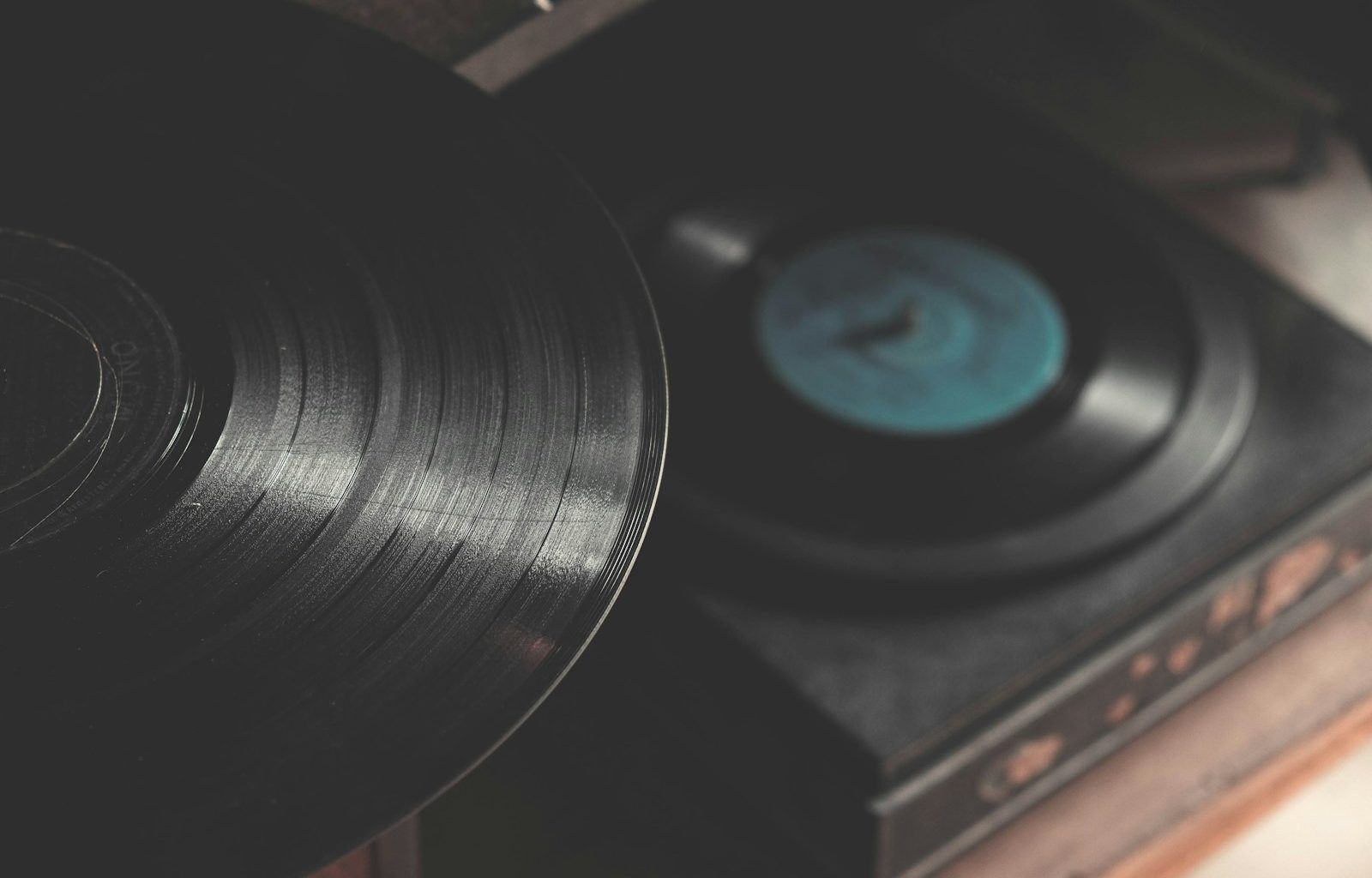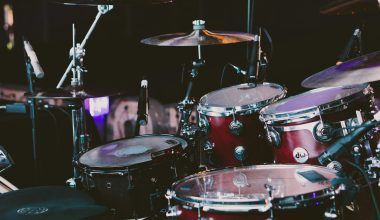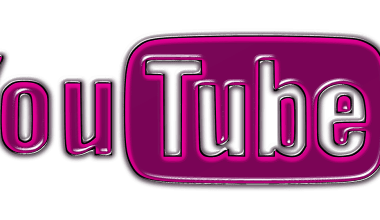If you’re exploring the music world, you’ve probably come across terms like EP and album. But what do these terms actually mean? Why are they important, and how do they differ? Don’t worry! This guide will make it all super clear for you.
What Does EP Stand For?
EP stands for Extended Play. It’s a music release that is longer than a single but shorter than a full album. Think of it as a middle ground between releasing just one song and dropping a full collection of songs.
What Exactly Is an Album?
An album is a collection of songs, typically more than seven tracks, or at least 30 minutes in total duration. Albums tell a more complete story or showcase a broader creative vision compared to an EP.
Key Differences Between EP and Album
Here’s a quick breakdown to help you understand better:
| Feature | EP | Album |
|---|---|---|
| Tracks | Usually 3-6 songs | Typically 7 or more songs |
| Length | 15-30 minutes | 30 minutes or more |
| Purpose | Teaser or experimental release | Complete project or concept |
| Cost | Cheaper to produce | More expensive to produce |
| Popularity | Common among emerging artists | Preferred by established artists |
Why Choose an EP?
If you’re just starting out as an artist, an EP can be your best friend. Here’s why:
- Cost-Effective: Creating an EP costs less than producing an album.
- Test the Waters: Use an EP to gauge listener interest in your music style.
- Faster Release: With fewer songs, you can release an EP more quickly.
For independent musicians, EPs can serve as a perfect way to showcase talent without the pressure of a full album.
When to Go for an Album?
Albums are great when you’re ready to share a larger creative vision. Here’s why albums stand out:
- Storytelling: Albums allow you to dive deeper into themes and emotions.
- Recognition: Fans and critics often see albums as milestones in an artist’s career.
- Revenue: Albums can generate more income through physical sales and streams.
Examples of EPs and Albums
To make this even clearer, let’s look at real-life examples:
- Famous EPs:
- “My World” by Justin Bieber: A stepping stone to stardom.
- “Future Nostalgia (The Moonlight Edition)” by Dua Lipa: An extended version of a hit.
- Famous Albums:
- “Thriller” by Michael Jackson: A cultural icon.
- “25” by Adele: Showcased deep artistry and storytelling.
How Do EPs and Albums Affect Marketing?
EPs are great for building hype. Artists often release an EP to tease their audience before dropping an album. Albums, on the other hand, cement your place in the music industry. They allow for longer promotion cycles and are often paired with tours or major campaigns.
Which One Should Independent Artists Choose?
If you’re an indie artist, here’s what you should consider:
- Budget: EPs are lighter on the wallet.
- Timeline: Want to release music quickly? Go for an EP.
- Goals: If you’re aiming for radio play or playlisting, an EP might suffice. For long-term impact, consider an album.
What Does the Industry Say About EPs and Albums?
Many music platforms and distributors have their own definitions. For instance:
- Spotify considers a release under 30 minutes and 6 tracks or fewer as an EP.
- A project longer than 30 minutes or 7 tracks qualifies as an album.
Knowing these technicalities is crucial when uploading your music.
EP vs. Album: The Fan Perspective
From a listener’s view:
- EPs are snackable. Perfect for quick listening sessions.
- Albums are feasts. Great for road trips or long listening experiences.
Can You Use Both EPs and Albums?
Absolutely! Many artists release EPs to maintain engagement between albums. For example:
- Release an EP to experiment with a new sound.
- Follow it up with a full album that expands on the themes introduced in the EP.
Tips for Musicians
Here are some actionable tips:
- Start Small: Begin with an EP to build your audience.
- Focus on Quality: Whether it’s an EP or an album, make sure each song counts.
- Promote Strategically: Use EPs for teaser campaigns and albums for grand launches.
FAQs About EP and Album
1. Can an EP turn into an album?
Yes! Many artists expand an EP into a full album by adding new songs or remixes.
2. Which is better for streaming platforms?
EPs are great for frequent uploads, while albums can attract more streams overall due to their length.
3. Do EPs get less attention than albums?
Not necessarily. EPs can grab attention quickly because of their compact nature.
Conclusion
In short, what’s the difference between EP and album? It boils down to length, purpose, and how you want to connect with your audience. EPs are shorter, cost-effective, and perfect for quick releases, while albums are larger, more expensive, and ideal for making a statement. Whether you choose an EP or an album, the key is to stay true to your music.
For further reading, explore these related articles:
For additional resources on music marketing and distribution, visit Deliver My Tune.






